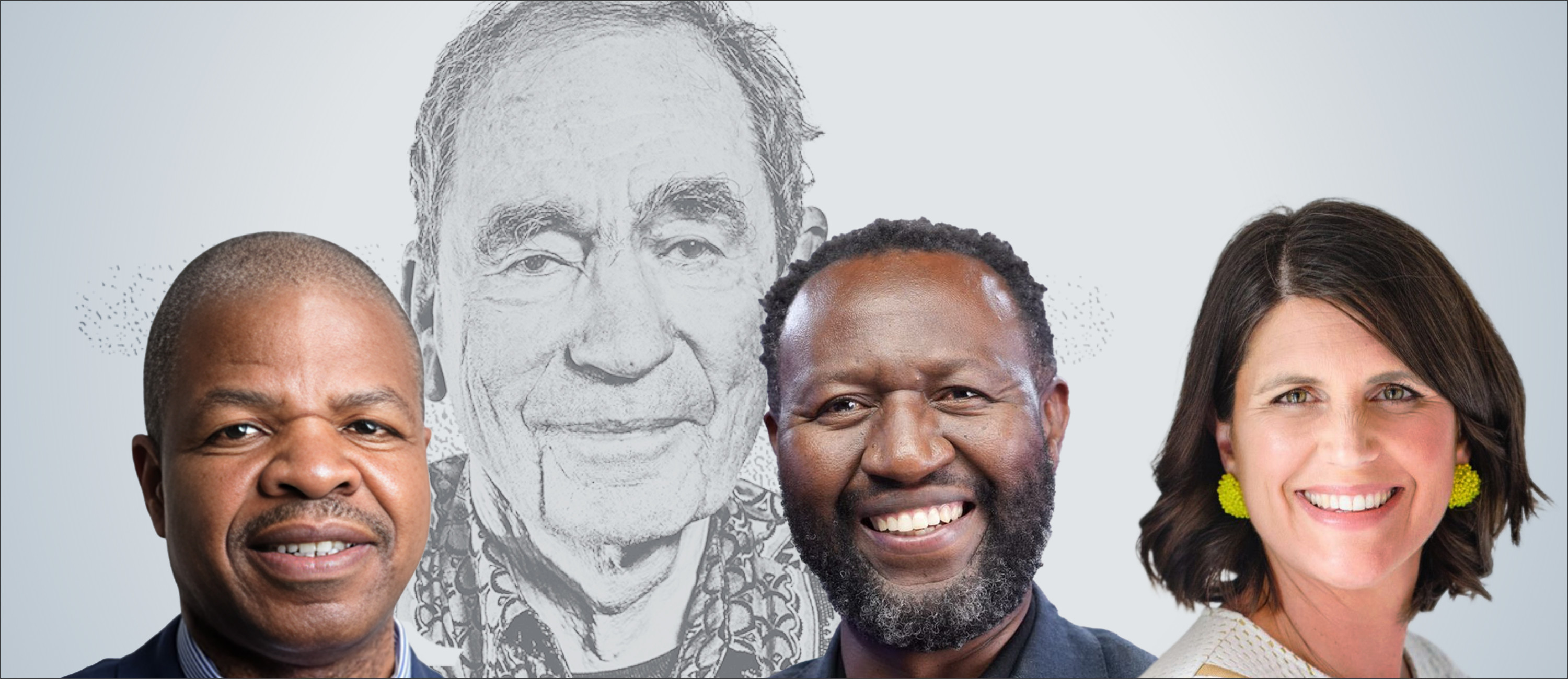In a Daily Maverick webinar discussing the role of mother tongue education in our democracy, the Dean of the Education Faculty at Stellenbosch University, Professor Mbulungeni Madiba, sat with Dr Robyn Tyler, a senior researcher in the Centre for Multilingualism and Diversities Research (CMDR) at the University of the Western Cape, and Professor William Gumede, an author and Associate Professor at the Wits School of Governance. They brought together research and constitutional insights from Justice Albie Sachs for a deep dive on lessons learned in other multilingual societies, the legacy of colonialism, issues of implementation in present-day South Africa, and more.
The Debate is Skewed: The conversation around “mother tongue education” in South Africa is primarily about Black African language speakers. White English and Afrikaans-speaking children have long had the privilege of being educated in their home language without question.
Proven Educational Benefits: International research, including from Unesco, shows that children who learn in their mother tongue during their early years have better educational outcomes. This approach also strengthens cultural identity and personal dignity.
Policy vs Reality: South Africa has progressive constitutional and policy frameworks (like the 1997 Language in Education Policy) that support multilingualism. However, implementation has failed due to a lack of political will and state capacity.
Ideology is a Major Barrier: A significant obstacle is the deep-seated belief, inherited from the colonial and apartheid eras, that English is a superior language for academic and economic success. This attitude is prevalent among parents, teachers and policymakers.
The Grade 4 Switch is Harmful: The common practice of switching learners from their home language to English-only instruction in Grade 4 is academically detrimental. Research shows this is far too early for a child to master a new language for complex learning, contributing to poor educational outcomes.
Classroom Reality vs Official Policy: Teachers often use multiple languages (code-switching or translanguaging) unofficially to help learners understand complex subjects. This practice, however, is often frowned upon, and students are still assessed and tested almost exclusively in English.
The Goal is Bilingualism, Not Monolingualism: The panellists advocate a mother tongue-based bilingual education system. The objective is not to eliminate English but to build a strong foundation in a child’s home language while also developing strong proficiency in English.
Resources are a Critical Issue: A major practical challenge is the lack of funding, textbooks and other learning materials in African languages. The Department of Basic Education’s new “Mother Tongue-Based Bilingual Education” (MTBBE) initiative is seen as a positive step, but concern was raised that it is currently an unfunded mandate.
Higher Education Has a Key Role: A proposed practical solution to elevate the status of African languages is for universities to make proficiency in an African language an entrance requirement. This would pressure all schools, including elite ones, to teach these languages more seriously.
Language is Tied to the Broader Education Crisis: The failure to implement effective multilingual education is a symptom of the broader crisis in South Africa’s public schooling system. The system’s struggles with quality teaching, reading levels and relevance to the global economy make it difficult to address complex issues like language policy effectively. DM
This article was produced with the assistance of the Gemini Pro AI model. Human oversight ensured that the 10 takeaways accurately reflect the conversation. The article was checked for factual accuracy by Dr Robyn Tyler.





 Professor Mbulungeni Madiba, Professor William Gumede and Dr Robyn Tyler. (Graphic: Daily Maverick)
Professor Mbulungeni Madiba, Professor William Gumede and Dr Robyn Tyler. (Graphic: Daily Maverick)